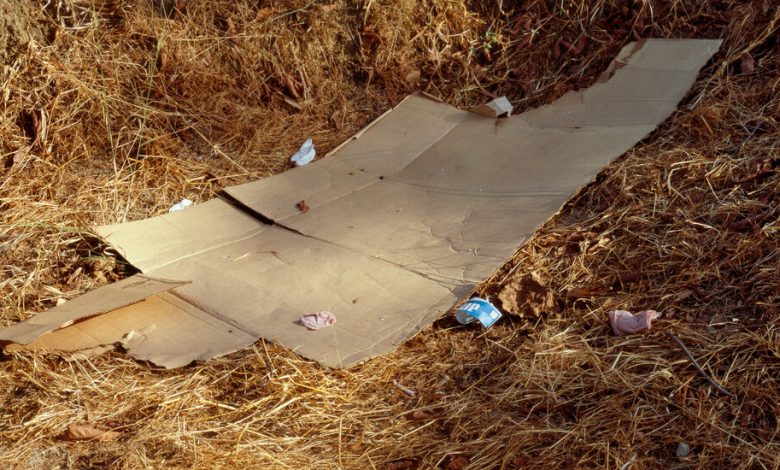Do Not Make Survival Even More Difficult for People on the Streets

In 2013, Grants Pass, Ore., came up with a strategy to deal with a growing homeless population in the city of roughly 40,000, one that might best be described as kicking the can down the road.
Through a series of ordinances, the city essentially made it illegal to sleep outside in public. In particular, anyone sleeping anywhere in public with bedding, a blanket or a sleeping bag would be breaking the law.
“The point,” the City Council president explained at the time, “is to make it uncomfortable enough for them in our city so they will want to move on down the road.”
Unhoused individuals wouldn’t have much choice. There are no homeless shelters in Grants Pass. At least 600 people in the city were unhoused in 2018 and 2019, according to counts by a local nonprofit that serves the unhoused.
Now the United States Supreme Court is being asked whether the enforcement of the city’s camping regulations, which apply to all in the city’s residents but affect them in vastly different ways, violate the Eighth Amendment’s prohibition against cruel and unusual punishment. Oral arguments are scheduled for Monday.
Of course, weighing the legality of camping obscures the real issue, which is how, in a nation of roughly 650,000 unhoused people, the federal, state and local governments can make sure there are enough beds for people to sleep in. Forcing unhoused people to the next town does not create housing that is affordable or available.




